The basic information for Stomach cancercreated at May 03, 2009 110 110 Stomach cancer,also known as gastric cancer,is a malignant tumor that arises in the lining of the stomach.It's a relatively common cancer globally,with variations in incidence rates depending on geographic location and dietary factors.Risk factors include ... 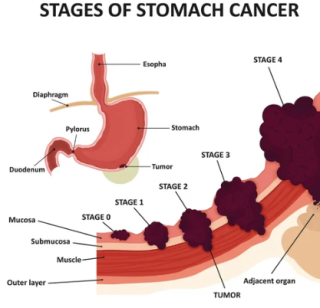 |
Demystifying Pancreatic Cancer: What You Need to Knowcreated at May 04, 2009 962 962 Pancreatic cancer is a serious disease characterized by uncontrolled growth of cells in the pancreas,a vital organ located behind the stomach.Its notorious reputation stems from its often late diagnosis,due to vague initial symptoms like abdominal pain,jau... 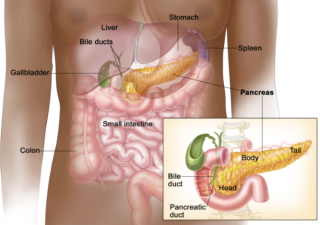 |
Demystifying Liver Cancer: Understanding the Basicscreated at May 04, 2009 125 125 Liver cancer,primarily hepatocellular carcinoma (HCC),develops when healthy liver cells become cancerous,often due to long-term liver damage from conditions like hepatitis B or C,alcohol abuse,non-alcoholic fatty liver disease (NAFLD),and certain genetic d... 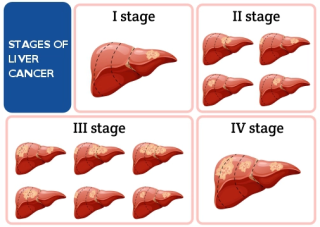 |
Demystifying Bone Tumors: Understanding Benign and Malignant Varietiescreated at May 03, 2009 104 104 Bone tumors are growths that develop in bone tissue,categorized as either benign (non-cancerous) or malignant (cancerous).Benign tumors are generally slow-growing,localized,and rarely spread to other parts of the body,often causing pain only if they press ... 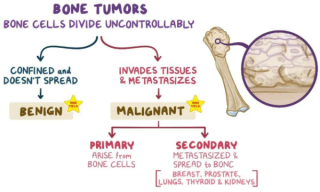 |
How is a Brain Tumor Diagnosed?created at May 03, 2009 189 189 The doctor does a complete physical exam with special attention to neurological examination. This includes checks for alertness, muscle strength, coordination, reflexes and response to pain. The doctor also examines the eyes for swelling caused by a tumor ... 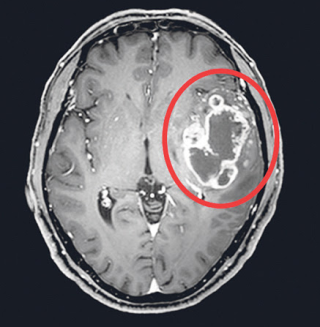 |
Demystifying Sinusitis Diagnosis: Insights into the Processcreated at May 07, 2009 132 132 Diagnosing sinusitis can be challenging, especially in the early stages of the disease. Here's a closer look at how sinusitis is diagnosed and the key diagnostic tools used:Clinical EvaluationThe diagnostic process typically begins with a thorough clinical... |
How is Hodgkin's disease diagnosed?created at May 22, 2009 6,108 6,108 If Hodgkin's disease is suspected, the doctor will ask about your medical history and will do a thorough physical exam. Blood tests and x-rays of the chest, bones, liver and spleen will also be done. Tissue from an enlarged lymph node will be removed. This...  |
How do you diagnose thyroid cancer?created at May 04, 2009 63 63 The doctor will ask about your medical history and will do a careful physical exam, with special attention to feeling your thyroid and checking for lumps in the neck. You may also be asked to have a blood test or special scans. The best screening test for ... |
What about a second opinion for Colorectal Cancer?created at May 03, 2009 60 60 Seeking a second opinion for a colorectal cancer diagnosis is a common and prudent step.A second opinion allows you to gain additional perspectives on the diagnosis,staging,treatment plan,and prognosis from another qualified oncologist or colorectal surgeo...  |